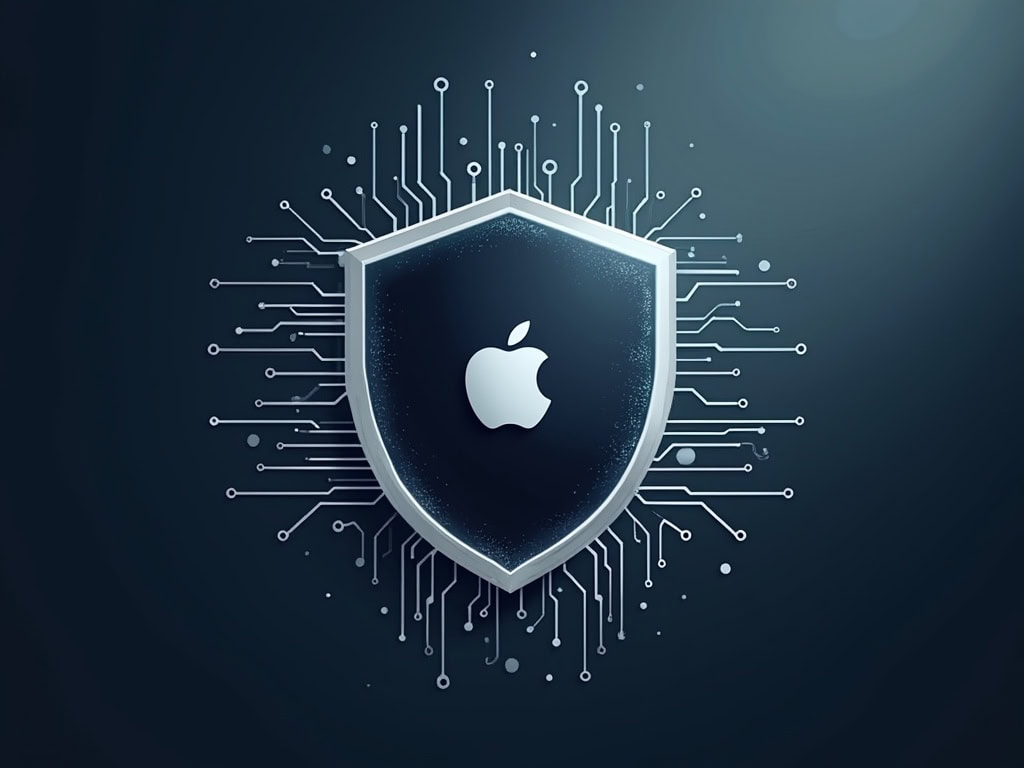Apple’s Memory Integrity Enforcement: A Breakthrough in iPhone Security and Spyware Protection

Apple Unveils Groundbreaking Memory Security Feature in Latest iPhone Models
Apple has announced a revolutionary security advancement with its Memory Integrity Enforcement (MIE) feature, integrated into the new iPhone 17 and iPhone Air models. The technology, powered by Apple's A19 and A19 Pro chips, provides continuous memory safety protection without compromising device performance. As organizations focus on implementing robust data security measures, this development marks a significant milestone.
Enhanced Protection Against Spyware Attacks
The new MIE system builds upon Apple's secure memory allocators and incorporates Enhanced Memory Tagging Extension (EMTE) in synchronous mode. This technology specifically targets mercenary spyware attacks by preventing memory corruption vulnerabilities that hackers often exploit. Understanding why cybersecurity is crucial for modern devices helps contextualize the significance of this advancement.
"Memory Integrity Enforcement transforms MTE from a helpful debugging tool into a groundbreaking new security feature," Apple stated in its announcement. The system protects against two common vulnerability types: buffer overflows and use-after-free bugs.
Technical Innovation and Implementation
The MIE system introduces several key improvements over existing memory protection technologies:
- Blocks out-of-bounds memory access attempts
- Retags memory during reallocation to prevent unauthorized access
- Implements Tag Confidentiality Enforcement (TCE) to protect against side-channel attacks
- Maintains synchronous tag checking while minimizing performance impact
The technology represents a significant advancement over the Memory Tagging Extension (MTE) specification released by Arm in 2019. Apple collaborated with Arm to develop EMTE in 2022, creating a more robust security framework. For users concerned about device security, exploring effective malware protection tools can provide additional protection.
Industry Impact and Future Applications
This development positions Apple at the forefront of mobile device security. According to the ARM Security Center, memory safety vulnerabilities remain one of the most critical security challenges in modern computing. Google's Project Zero researcher Mark Brand noted, "The availability of MTE on a production handset for the first time is a big step forward, and I think there's real potential to use this technology to make 0-day harder."
Implementation Timeline and Device Compatibility
The MIE feature will be available through a phased rollout, starting with the iPhone 17 series and gradually expanding to other compatible devices in the Apple ecosystem. Early testing indicates a negligible performance impact of less than 1% while providing substantially improved security protection.

